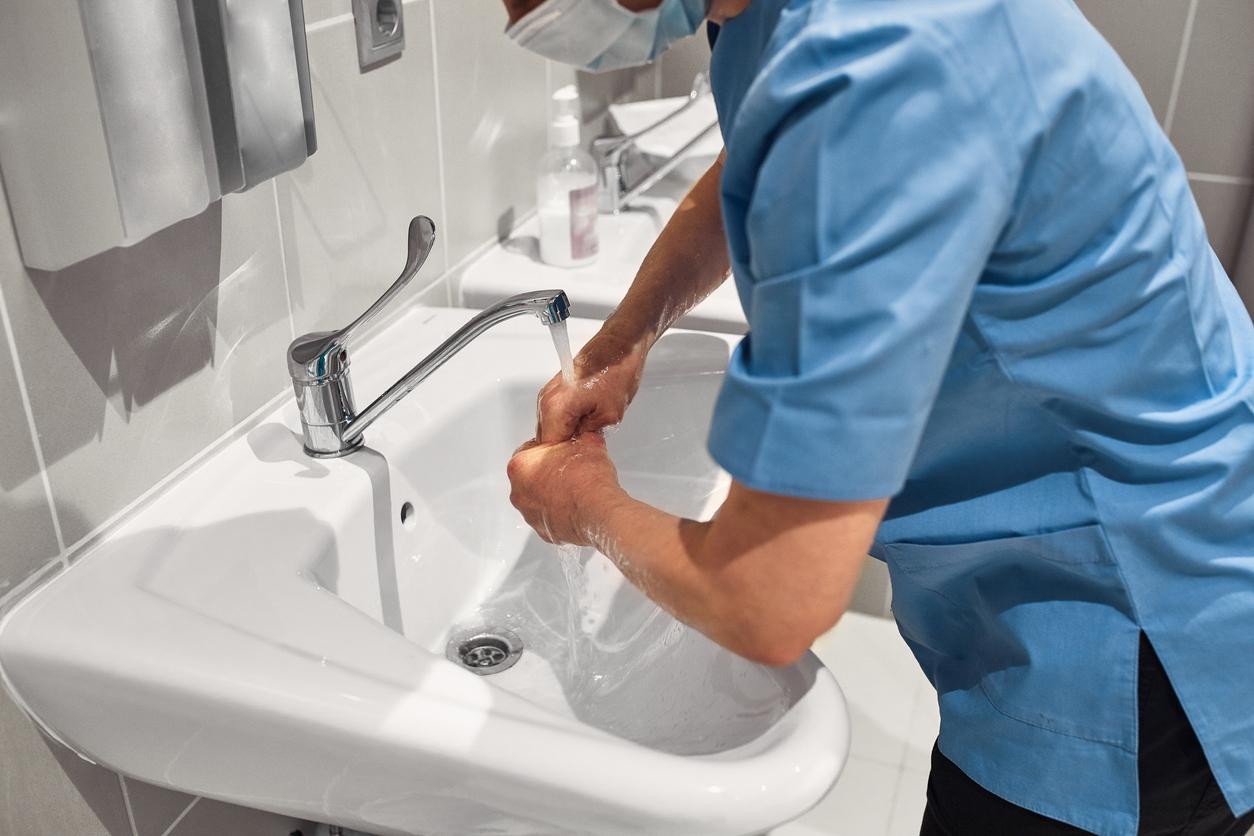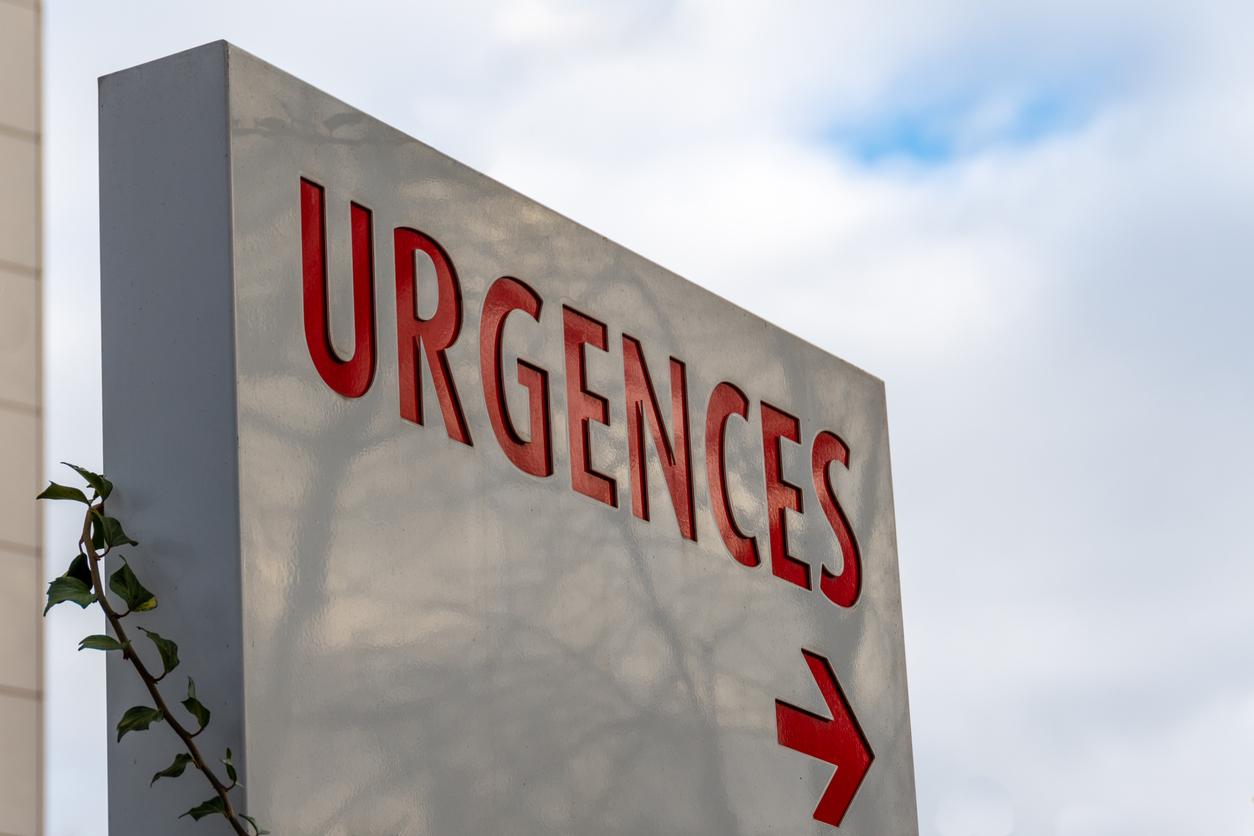An innovative addiction counseling program at the hospital encourages patients to start treatment to heal themselves.

According to a recent study from Oregon Health & Science University, published in the journal Journal of General Internal Medicinepatients who meet with a team of addiction professionals while in hospital are more likely to begin treatment once they return home.
“We were able to significantly increase the rate of engagement in treatment, explains Honora Englander, lead author of the study. This is important because engaging in treatment reduces health costs, mortality and a wide spectrum of other variables.
A higher engagement rate of more than 10 points
The project in question, called IMPACT, brings together doctors, social workers, former drug addicts and representatives of addiction support structures in the same team. When patients are hospitalized, this team is in charge of discussing their addiction with them.
The study compared the behaviors of 208 patients who received a consultation with the IMPACT team during their hospitalization with those of a group of similar patients hospitalized in other hospitals (without addiction consultation). It was based on their commitment to addiction treatment within a month of their hospitalization.
Result: 38.9% of patients who consulted the IMPACT team committed to treatment, compared with 23.3% of patients who did not consult.
Few hospitals provide drug treatment. However, people suffering from addictions are often hospitalized because of diseases related to them: endocarditis related to drug injection, liver diseases related to excessive alcohol consumption, etc.
Hospitals treat these diseases but not addiction. “We don’t think that drug addiction is something that can be treated in hospital, explains Englander. Our study is trying to change that.”
In the United States, the opioid and methamphetamine crisis has already claimed 70,000 lives in 2017. In France, pAlmost 8,500 drug-related deaths were counted in 2015.

.
















